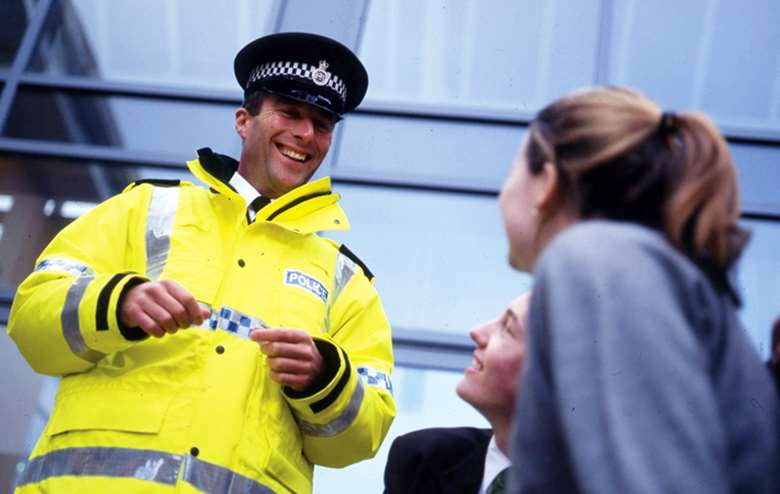Inspectors deem police child protection 'inadequate' in a third of cases
Jess Brown
Thursday, July 2, 2015
The protection and safeguarding of vulnerable children is not being given high enough priority by police due to a lack of awareness of the issue, a review of practice in eight police forces has concluded.

A report by Her Majesty’s Inspectorate of Constabulary (HMIC) found there is an “under-recognition and under-estimation of risk” regarding children across the police service.
More than a third of the 576 cases examined by HMIC inspectors across eight police forces were deemed "inadequate".
The report – In harm's way: the role of the police in keeping children safe – cites concern over the number of vulnerable children, such as those in care and with mental health problems, held in police custody, and the “weak support” often offered to children due to poor risk assessments.
HMIC said that on too many occasions, investigations into child abuse and neglect were delayed, while responses to reports of offences against children were not good enough.
The investigations also identified that not enough is being done to understand the effects on children of coming into contact with police.
“In a time of changing communities – both real and virtual – the police service must reassess its approach to child protection, or risk failing another generation,” the report states. “Children must be placed at the heart of what policing does next."
Anna Feuchtwang, chief executive of the National Children’s Bureau, said being arrested or detained by police can be a "deeply traumatic experience" for young people.
"Despite instances of good practice, there remain considerable shortcomings in how the police deal with children and young people," she said.
"This report confirms that children are still being detained in cells rather than being transferred to the care of their local authority or to specialist support from mental health services. And some groups of children – notably children in care – run a greater risk of being prosecuted than their peers.
"Police officers must be trained to communicate effectively with children under their care so they understand what is happening to them. The system should not treat young people merely as ‘small adults’ with little regard for their needs or vulnerabilities."
A second report – Online and on the edge: real risks in a virtual world – found that the police response to children who have been the victims of online sexual exploitation is also substandard and needs improving.
HMIC inspector Dru Sharpling, who led the investigations, said there can be “no compromise” when it comes to child protection.
She said: “Getting it right most of the time can never be the explanation for failures that have devastating consequences for the child, carers and families.
“HMIC found that where cases of child abuse and neglect are straightforward, they are almost always dealt with promptly and efficiently. But often these cases are complicated and unique, so the processes for dealing with them have to adapt. This requires training officers and equipping them with a different set of skills than is required for other types of police investigation.”




